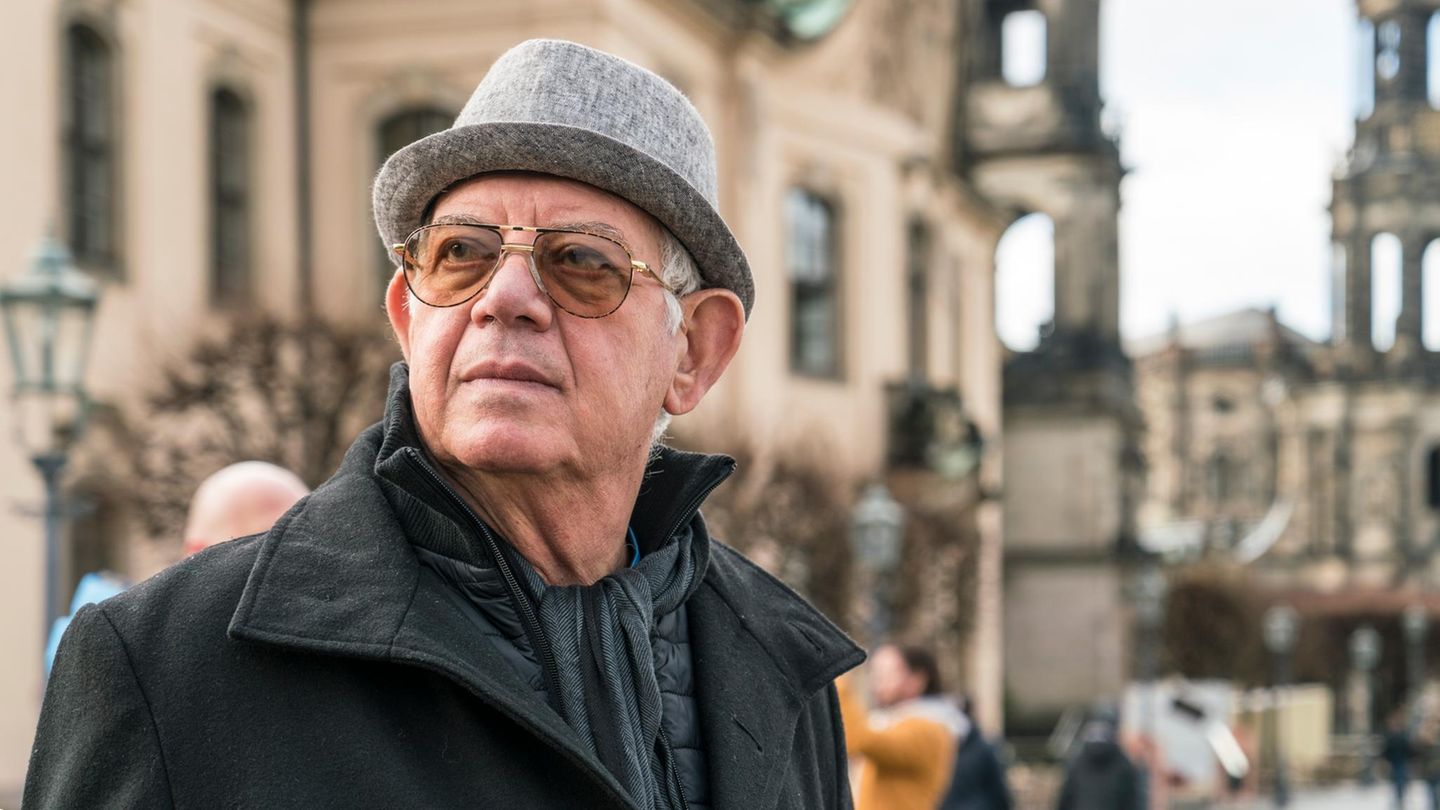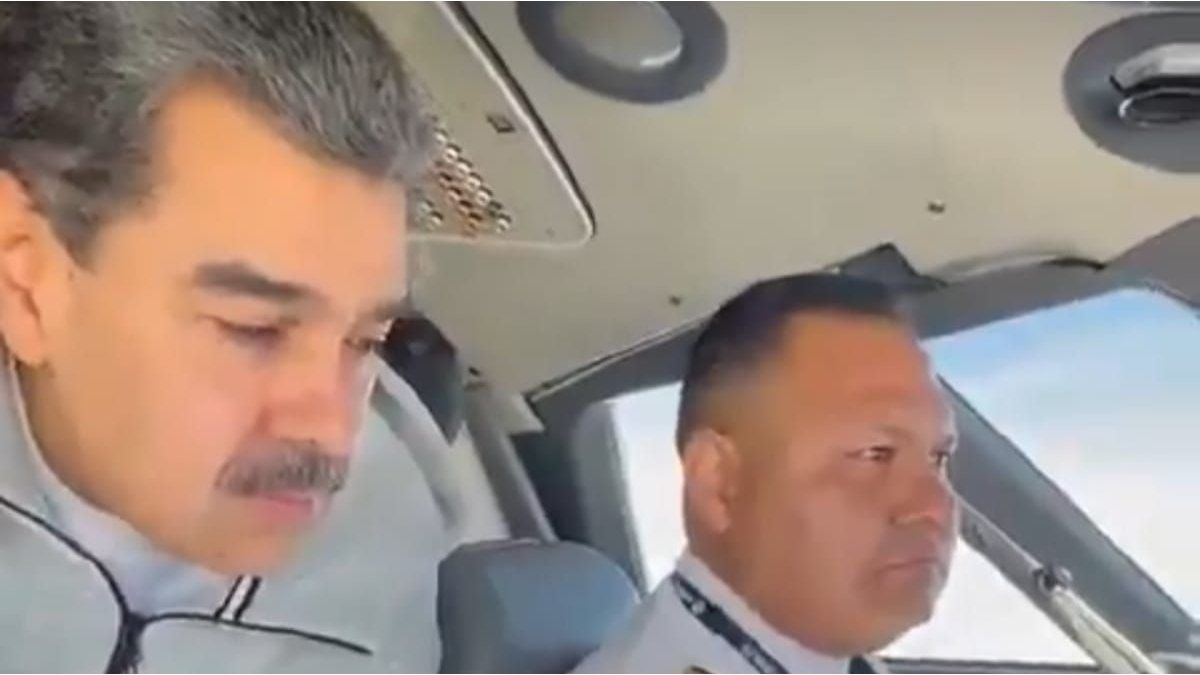Two weeks after the coup in Niger, there is great tension in the region as neighboring countries threaten military intervention. But many continue to hope for a diplomatic solution.
Before an eagerly awaited summit of West African states after the coup in Niger, the international community is still hoping for a diplomatic way out.
The German government, the USA and Russia again emphasized their hope for a non-violent solution to the conflict after the West African community of states threatened Ecowas with a military operation to restore the constitutional order in Niger.
Important strategic ally of the West
Niger, a country of 26 million people, was an important strategic ally of the West and the last democratically elected government inside the Sahel zone, which was overrun by Islamist terrorist groups. On July 26, officers of the Presidential Guard in Niger ousted the democratically elected President Mohamed Bazoum. The commander of the elite unit, Abdourahamane Tiani, subsequently proclaimed himself the new ruler. Shortly after Tiani came to power, the putschists suspended the constitution and dissolved all constitutional institutions.
“Of course we welcome the fact that Ecowas is continuing to try to exhaust all diplomatic options and is now trying to find a solution in this way. Knowing full well that the threat of military intervention is of course still in the air,” said a spokesman for foreign affairs office in Berlin. “Our demand is and remains the return to the constitutional order.”
Ecowas meeting on next steps in Nigeria
The Ecowas heads of state will meet in Nigeria’s capital Abuja on Thursday to decide how to proceed. The confederation had threatened action up to and including an invasion of Niger if Niger’s constitution was not restored and Bazoum reinstated. The Ecowas military chiefs drafted a plan for a possible intervention last week. In addition to Nigeria, Benin, Senegal and the Ivory Coast had declared their readiness for military action.
However, Nigerian President Bola Tinubu said diplomacy was “the best way forward” to resolve the crisis, his spokesman said on Tuesday. This is “the consensus position of the Ecowas heads of state”. However, he added that “no options had been taken off the table”. Nigeria currently chairs the Confederation of States.
Russia also spoke out against military intervention. This will not lead to lasting peace, a Foreign Ministry spokesman said in Moscow on Wednesday. On the other hand, Russia supports the diplomatic mediation of African states. “We consider it of the utmost importance not to allow further escalation of tensions in Niger,” the spokesman said. There is therefore no alternative to restoring the legal order and to a national dialogue in Niger that encompasses all forces.
US government dampens expectations
The US government continues to hope for a diplomatic solution – but at the same time dampens expectations. There is still hope, but at the same time it is realistic, said US State Department spokesman Matthew Miller on Tuesday (local time) in Washington. “I recognize that this is a difficult situation and that the outcome is uncertain, but we are not prepared (…) to give up trying to achieve a return to democracy and constitutional order.” However, the outcome of the crisis is open and the situation is dynamic.
US Secretary of State Antony Blinken says he spoke to ousted President Bazoum and underlined efforts to reach a peaceful solution to the conflict. Blinken also reiterated the call for the immediate release of Bazoum and his family.
According to an expert, Tinubu, as Ecowas chairman, is in a difficult situation. “In terms of domestic politics, everything speaks against it, at the same time Nigeria wants to be a regional leader again and restore the credibility of Ecowas,” said the Nigerian office manager of the Konrad Adenauer Foundation, Marija Peran, the German Press Agency.
Ecowas, then chaired by Ghana and Guinea-Bissau, has not shown a unified approach to the coups in Mali, Burkina Faso and Guinea since 2020. “Now Tinubu is inheriting this credibility problem and has the difficult task of navigating both Ecowas and Nigeria through it.” Domestically, there is strong resistance to an intervention in the country with around 220 million inhabitants. “The bottom line is that nobody in Nigeria wants it. Both the elites and the population are clearly against military intervention.”
Source: Stern
I have been working in the news industry for over 6 years, first as a reporter and now as an editor. I have covered politics extensively, and my work has appeared in major newspapers and online news outlets around the world. In addition to my writing, I also contribute regularly to 24 Hours World.




